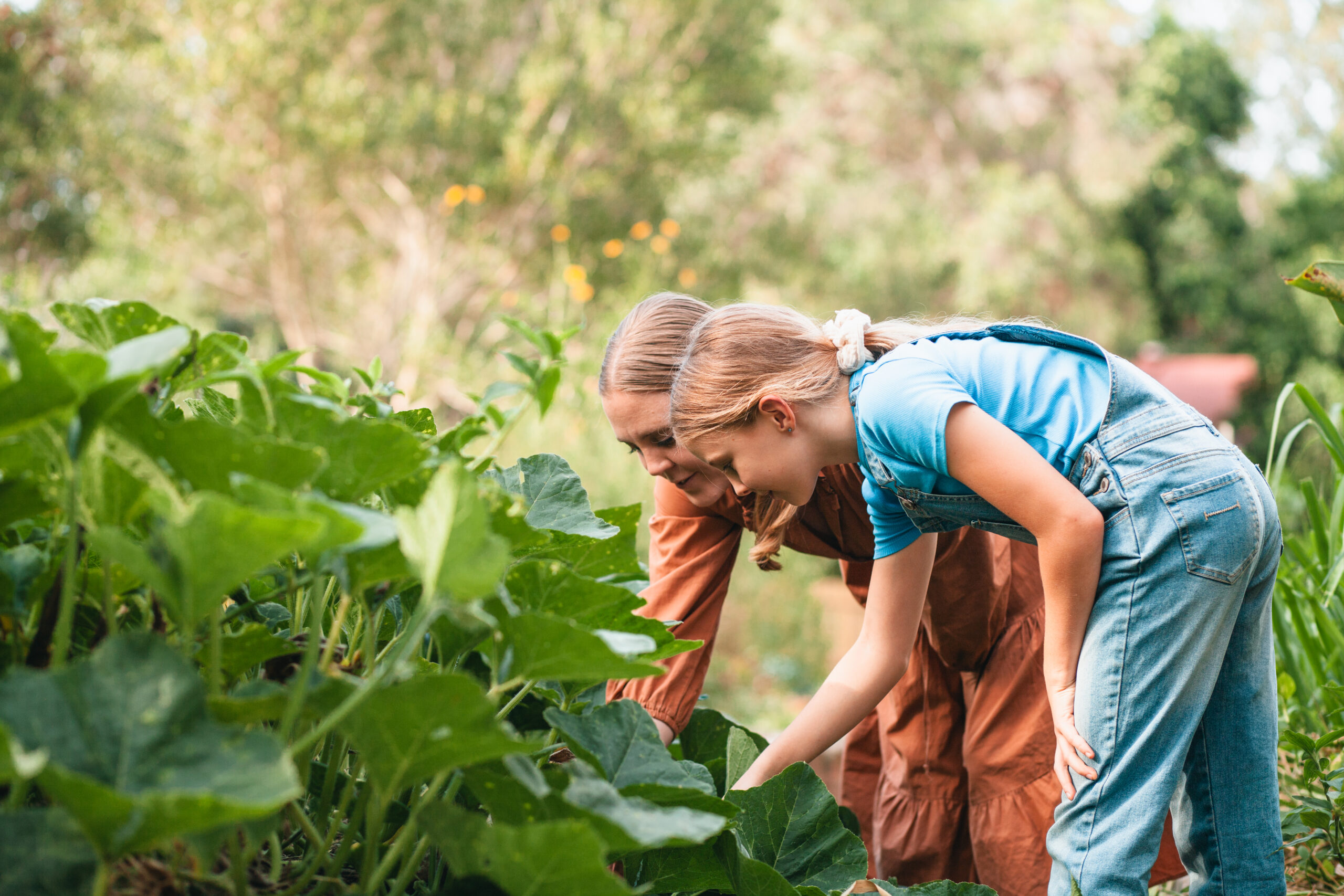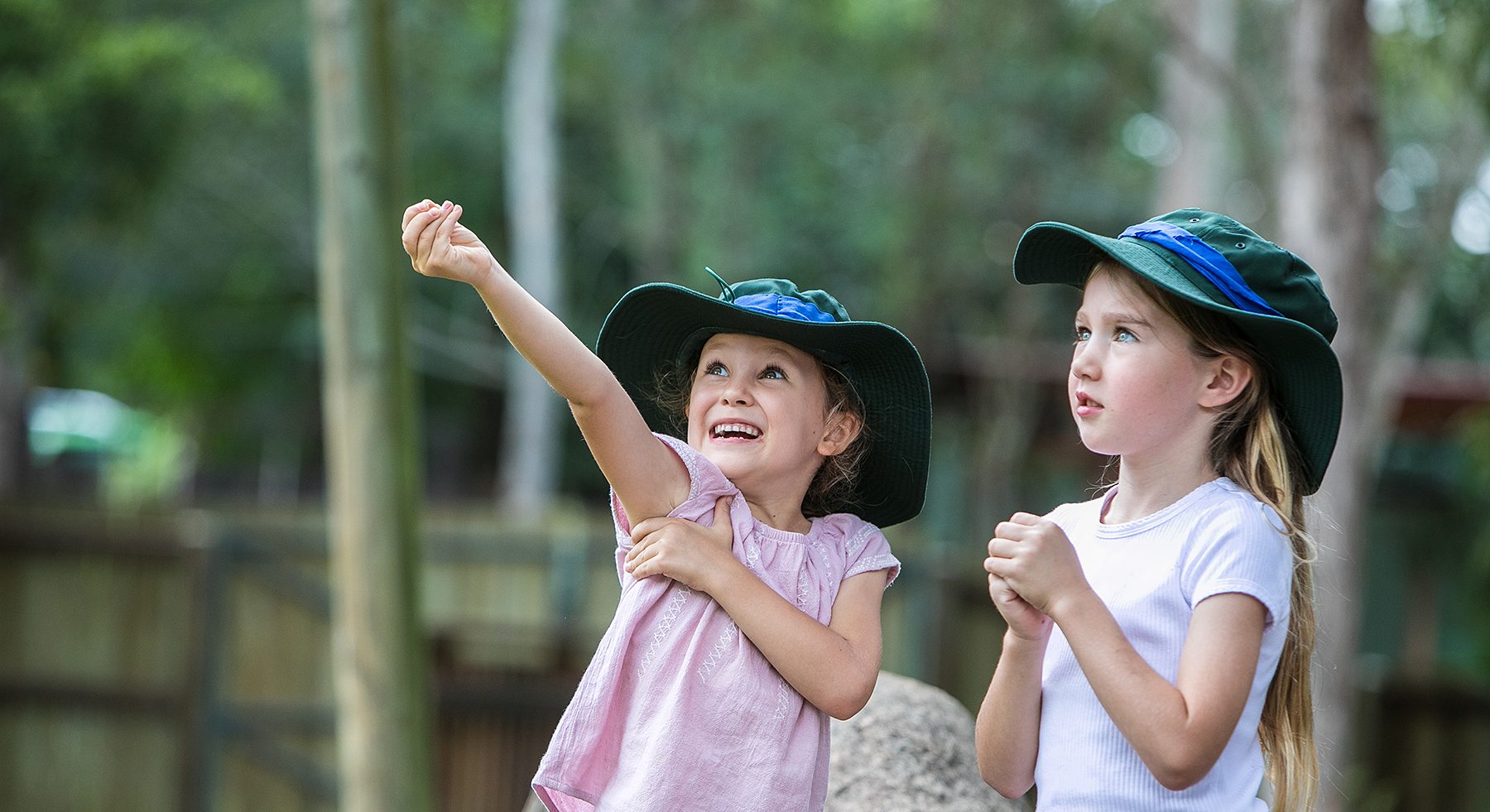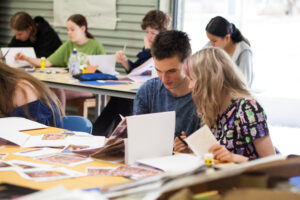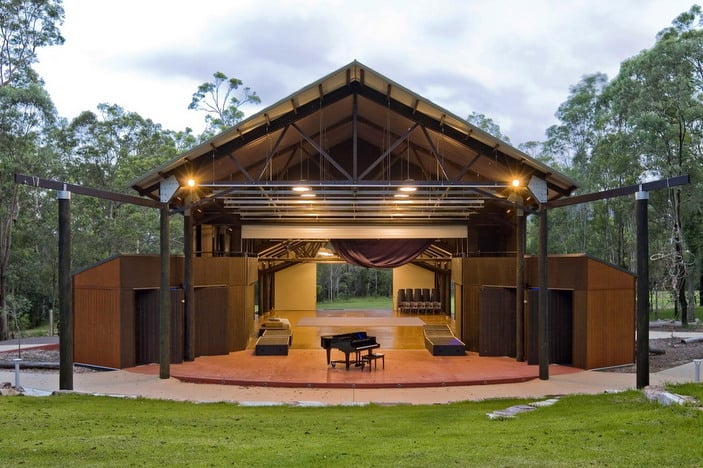How Steiner Education Addresses Today’s Educational Challenges
By Carly Sheard, Director of Samford Valley Steiner School
Recently, respected parenting educator Maggie Dent shared her thoughtful critique of Australia’s education system in her article “Why Our Schooling System Is Flawed and What Needs to Change.” Maggie’s passionate advocacy for child-centered education has once again sparked important conversations about how we can better serve children. I would really encourage you to read this, if you haven’t already.
As a Waldorf/Steiner educator, I found myself nodding along with many of Maggie’s observations. Her call for creating a more nurturing, developmentally appropriate approach to education deeply resonates with the philosophical foundations that have guided Steiner schools for over a century, creating one of the largest education movements globally due to its exceptional benefits.
I’d like to share how Steiner education has been deliberately working to address these challenges, not as a claim that we’ve perfected education, but as part of the broader conversation about creating learning environments where children can thrive naturally.
Meeting Children Where They Are
At the heart of Steiner education is a deep respect for childhood and an understanding that children develop according to their own unique timeline. Our curriculum unfolds in harmony with the developmental stages children naturally move through.
This philosophy directly addresses Maggie Dent’s concern that we’re pushing children too hard, too early, creating unnecessary anxiety and disconnection from the joy of learning. Like the highly successful Finnish education system that Maggie often references, we recognise that delaying formal academic instruction doesn’t compromise long-term educational outcomes—quite the opposite.
Our approach doesn’t mean children aren’t developing literacy and numeracy skills; rather, we introduce these elements at developmentally appropriate times through imagination, movement, and play. While you won’t find five-year-olds writing structured paragraphs in our classrooms, you will find them building crucial neural, emotional, and physical foundations that make later academic learning more meaningful and effective. This measured approach allows children to develop confidence and capability without the pressure that can lead to anxiety and resistance to learning.
Beyond Standardised Testing
Maggie Dent highlights that standardised testing has changed our definition of success and created unhealthy pressure for both students and teachers. In Steiner education, we assess children’s progress through careful observation and an understanding of the whole child including their academic, social, emotional, and physical development.
This, however, doesn’t mean we’re anti-assessment. Rather, we believe assessment should serve learning, not the other way around. Our school does not participate in NAPLAN testing, instead focusing on more holistic assessment methods. For our senior students, we offer the New Zealand Certificate of Steiner Education (NZCSE), an internationally recognised qualification that aligns with our educational philosophy while providing a pathway to university and further education.
Our teachers develop deep relationships with their students, allowing them to recognise progress, identify challenges, and adjust their teaching accordingly, all without reducing a child’s learning journey to a series of test scores.
Continuity of Relationship
One of the most distinctive features of Steiner education is our class teacher cycle, where a main lesson teacher stays with the same group of children for multiple years, typically from Class 1 to Class 7. This continuity allows teachers to develop profound relationships with their students and a nuanced understanding of each child’s learning style, strengths, and areas of growth.
As students transition into high school, this relationship-centered approach becomes even more vital. At Samford Steiner, adolescence is viewed as a critical period of emotional and social development that underpins academic success. Class Guardians provide essential support beyond curriculum delivery, helping students navigate friendship dynamics, personal challenges, and self-discovery while building emotional resilience and ethical awareness.
This practice speaks directly to Maggie’s call for stronger teacher-student relationships. When teachers know their students, they can create learning experiences that are meaningful and appropriately challenging.
Nature as a Teacher
Maggie emphasizes the importance of outdoor time and connection with nature. As something that has become increasingly rare in many children’s lives, Maggie is calling to normalise outdoor and nature-based learning and play.
At Samford Steiner, outdoor learning isn’t an add-on or a special event—it’s woven into everyday learning.
Our students spend a significant amount of time outdoors in all weather conditions. They garden, learn concepts through nature, experience personal growth during outdoor education expeditions, play in natural settings, and develop a deep understanding of the natural world.
Technology in Balance
While we value the role technology can play in education, Steiner Education deliberately emphasises hands-on experiences and human connection, especially in the early years. Our low-tech approach prioritises relationships, physical activity, artistic expression, and direct experience with the real world. When developmentally appropriate, we then introduce technology where it can support the learning processes and ensure our students’ technical skills are developed to support them post-school.
This aligns with Maggie’s concerns about excessive screen time and its impact on developing minds. We believe children need time to develop rich inner resources, imagination, and social skills before they engage with digital technologies. When technology is eventually introduced, students’ strong foundations allow them to approach it with greater discernment and creativity.
Not Better, Just Different
Our intention isn’t to suggest that Steiner education has solved all the challenges facing modern education. Every educational approach has its strengths and limitations, and different children thrive in different environments.
What we do offer is an alternative that has been thoughtfully evolved over decades, a human-centred education that honours childhood as a unique and valuable phase of life. Rather than viewing education as mere preparation for adulthood or the workforce, we see it as a nurturing journey that builds strong foundations, cultivates diverse skills, and sparks deep creativity, naturally supporting students’ futures.
As Maggie Dent so eloquently argues, in a world that has normalised fast-paced, technologically dense, and high-pressure environments, our children deserve an education that nurtures their whole being: heart, hands, and head. Additionally, our amazing educators, in all disciplines, deserve an environment that nourishes their ability to passionately and creatively teach and nurture their students. This is a mission we will continue to strive for.
We invite you to learn more about how Steiner education approaches learning and child development. Our doors are open for school tours, and we welcome conversations with parents interested in exploring educational alternatives for their children.




